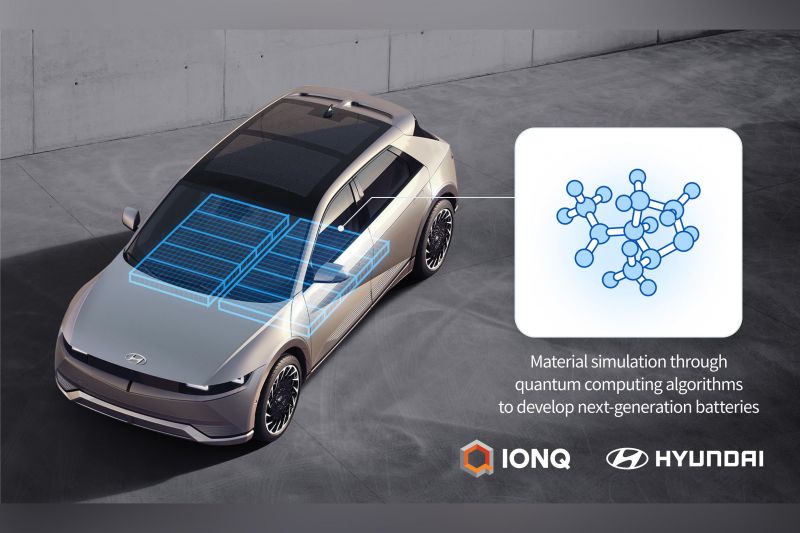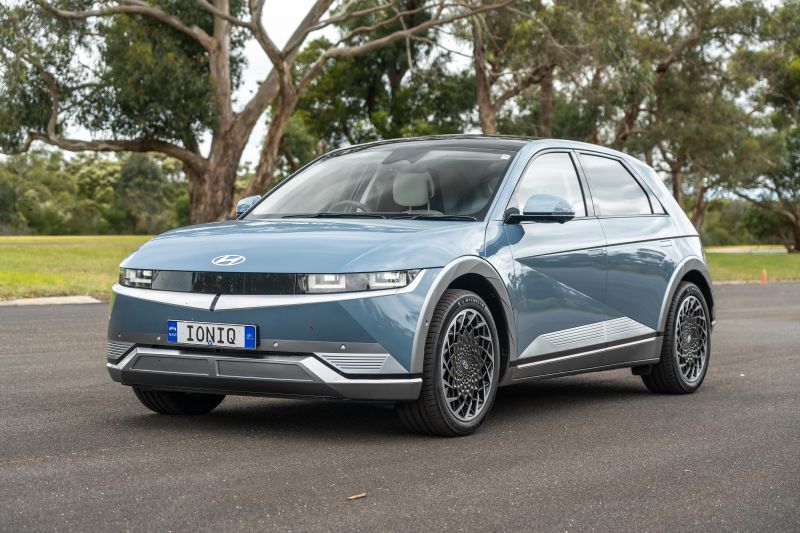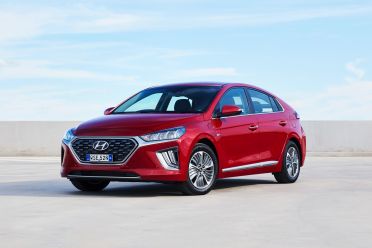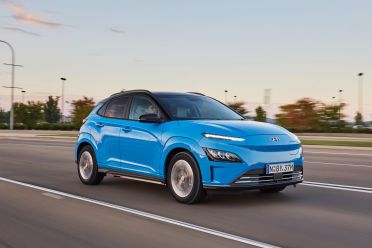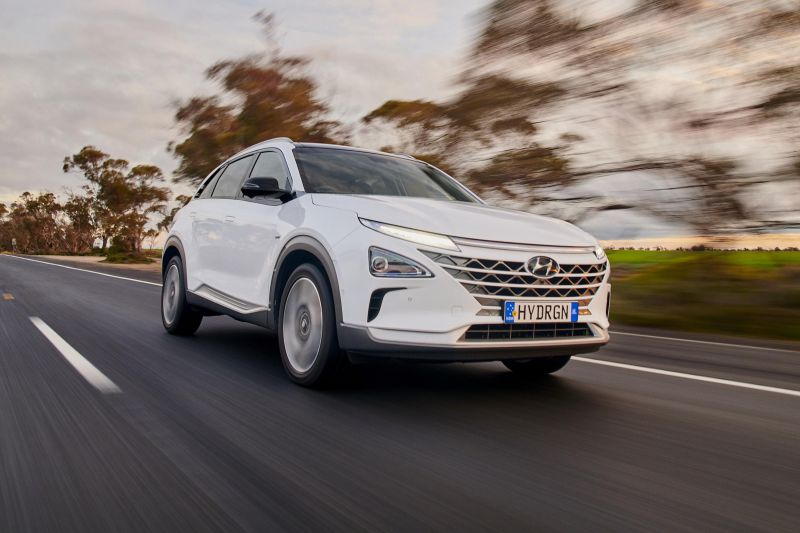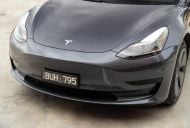Hyundai has formed a partnership with U.S. quantum computing company IonQ to develop algorithms that could yield greater efficiency and performance from next-generation lithium EV batteries.
IonQ was founded in 2015 and is a leader in trapped-ion quantum computing. It has previously worked with Amazon, Microsoft and Google to develop cloud-based quantum computing software.
A quantum computer in its simplest form is a machine that does a very specific type of math to perform calculations, but does so at speeds other computers theoretically cannot match.
IonQ quantum computers are different from other quantum computing systems as they use trapped ions, which are claimed to provide superior results to superconducting wire or crystalline silicon.
Taking what Hyundai already knows about EV batteries, it’s hoped that IonQ’s quantum computing will be able to make improvements to charge and discharge cycles, as well as durability, capacity and safety.
The companies claim to be creating “the most advanced battery chemistry model yet developed on quantum computers”.
They also say they’re laying the foundation for the creation of better quality batteries by more precisely simulating and controlling their chemical reactions.
Hyundai says this battery research could potentially lead to new source material that saves production time and manufacturing cost.
“Battery efficiency is one of the most promising emerging areas where quantum computing can make a difference,” said IonQ CEO Peter Chapman.
“We are thrilled to be working with Hyundai Motor Company on this project to make EVs a primary mode of transportation across the globe.”
This new partnership with IonQ is said to be a “crucial component” of Hyundai’s Strategy 2025 goals, which include the global sales of 560,000 EVs annually as well as the introduction of more than 12 battery electric vehicle (BEV) models.
Hyundai has previously announced that it’s planning to go carbon neutral by 2045.
The South Korean automaker’s current BEV lineup includes the Ioniq Electric, Kona Electric and Ioniq 5.
Hyundai has also been invested in hydrogen fuel-cell technology for more than 20 years according to the company.
It released its first dedicated hydrogen-only Nexo SUV in 2018, which made its way to Australia for fleet-use only in 2020.
Future hydrogen-powered models that Hyundai has in the pipelines are the next-generation Nexo and a multi-purpose vehicle (MPV) to be announced in 2023, and a large SUV to be announced after 2025.

